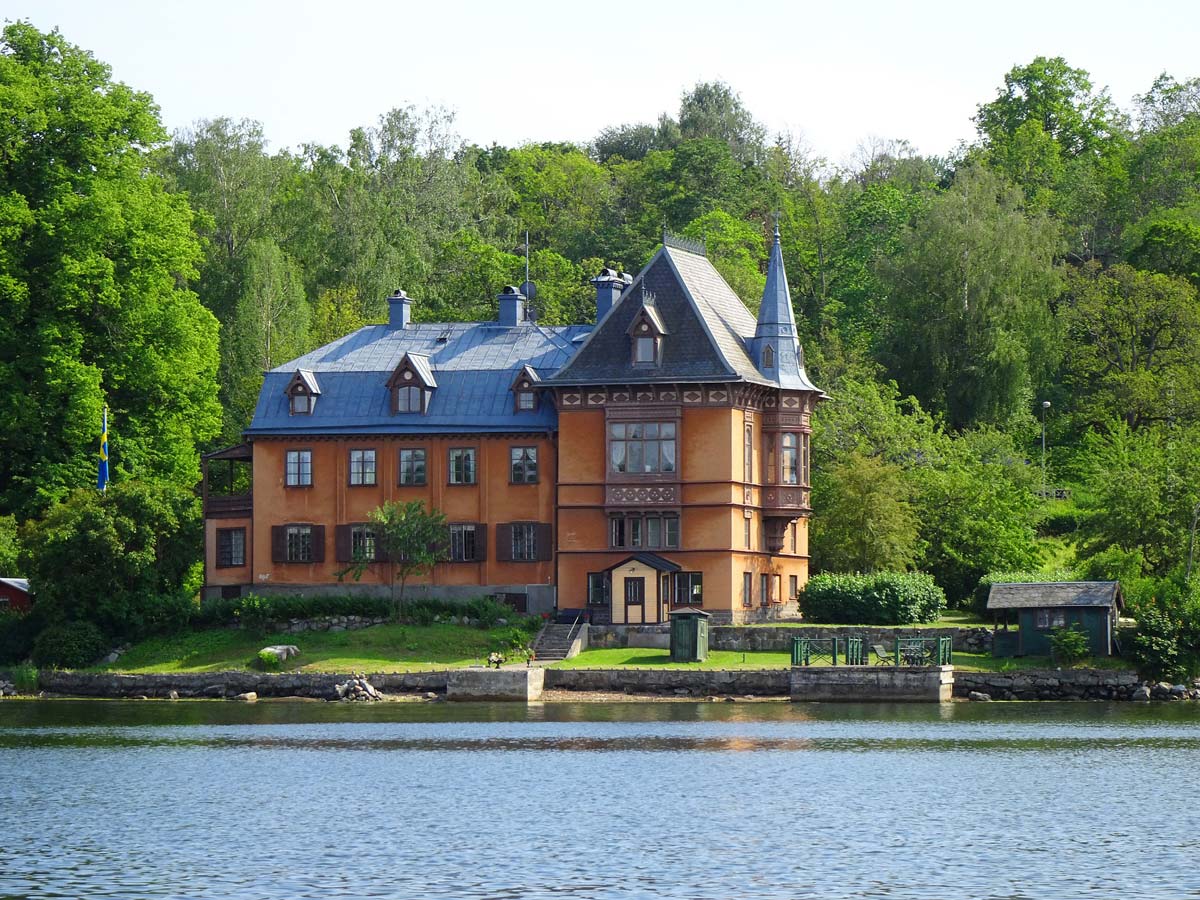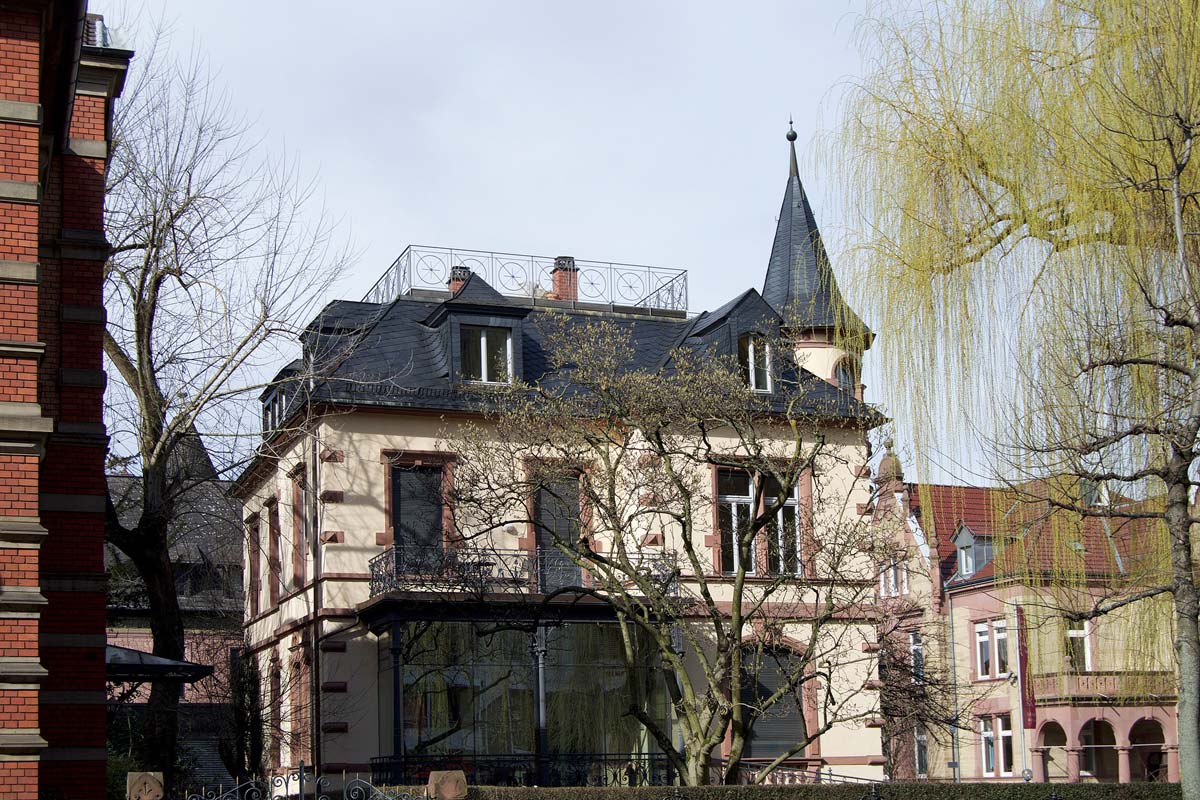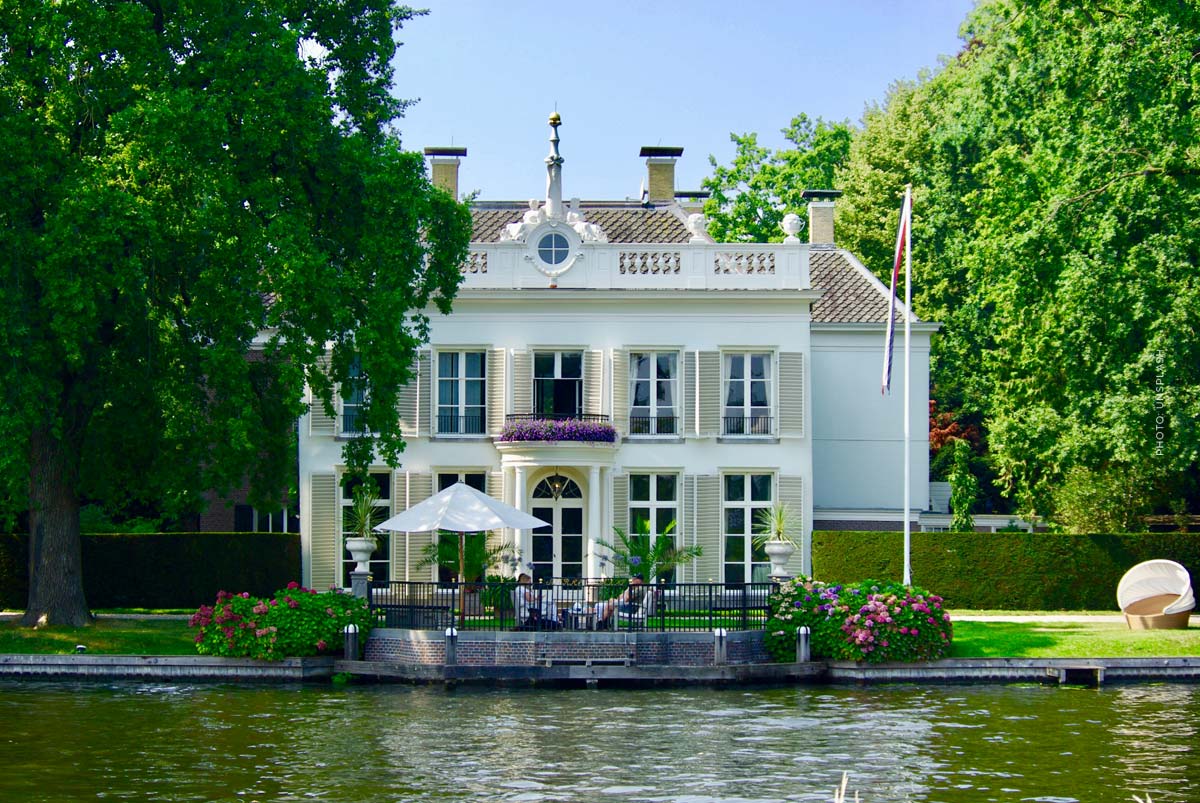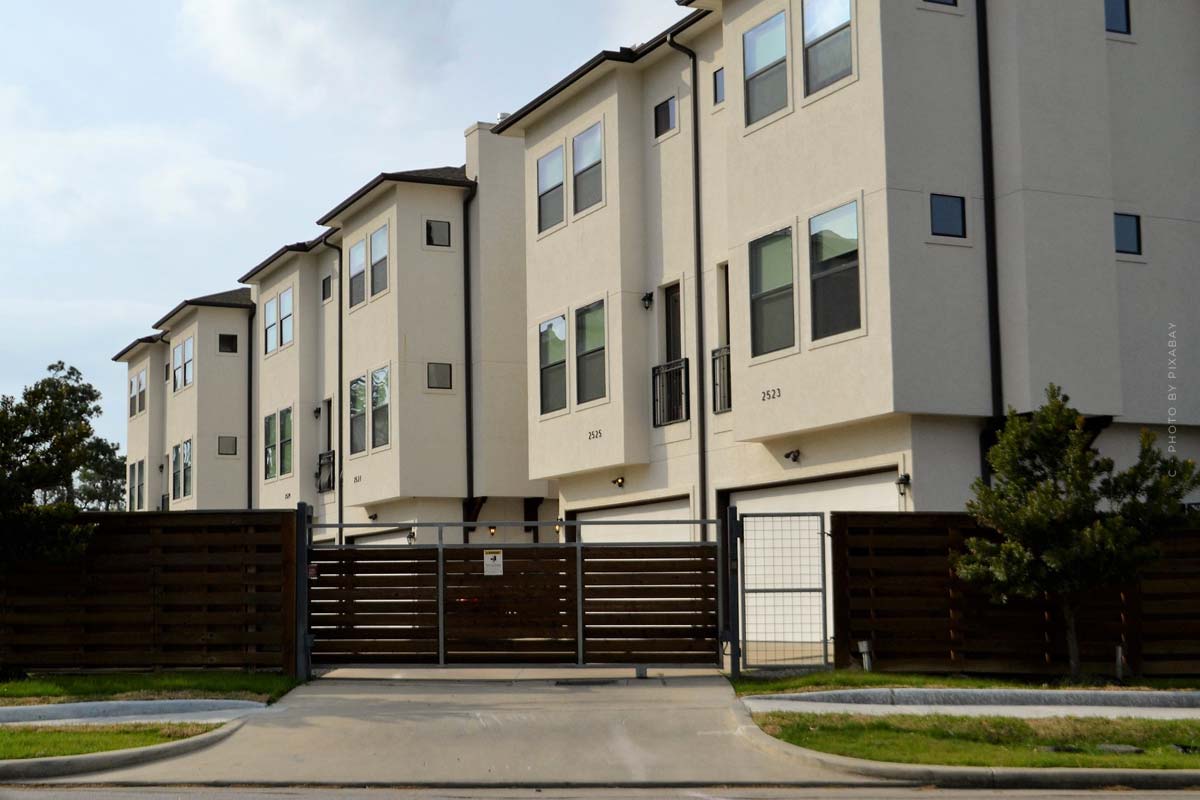Selling a villa: Procedure, costs, solvent buyers and speculation tax
Selling a villa – The sale of villas and exclusive estates does not follow a regular scheme. Why? The more exclusive the property, the more likely sellers are looking for absolutely discreet real estate agents. The technical term here: off market properties. They do not show up in any real estate portal. Off market properties are only offered to internal, known buyers such as private individuals, family offices and investors. Here is an overview on the topic: selling a villa.
First time selling a villa?
If you’re facing selling a villa for the very first time, you’re probably asking yourself the typical questions that come up in any house sale and a few more. Especially if you are looking to sell an inherited house or villa and accordingly have no prior experience in real estate, here’s a little insight into the process and the costs you will face as a seller.
When selling a property, there are also costs that both the buyer and the seller have to bear.
Tip. We get the optimum out for you as a seller
Here you can find our contact persons: Contact.
You as a seller know that renowned real estate agents, like ours, take over the entire sale and process from valuation to exposé to notary and purchase contract. The most asked questions refer therefore, at the beginning, almost always to the cost factor with the mansion sales. Let us therefore start with this question:
Who pays which ancillary purchase costs?
Explained in Quick:
- Real estate agent – Under the new estate agent law, estate agent costs are split 50:50 (buying from private); previously only buyers
- Notary and land registry pays buyer
- Property transfer tax pays buyer
Checklist sale: cost factors
These include, first and foremost:
- Value appraisal
- Energy certificate
- Realtor’s commission
- Property transfer tax
- Speculative tax
- Notary and land register
The energy certificate, land transfer tax, speculation tax and notary fees are mandatory. The value appraisal and the realtor’s commission are optional if these services are commissioned. Most of the other items depend on the price of the property and vary individually. A speculation tax is incurred if the property is resold within a certain period of time after purchase. The tax authorities then access the profit made.
Notary fees and land register
The notary fees in Germany amount to 1.5% to 2% of the notarized sales price. In most cases, only the buyer of the property bears the notary costs.
The notary fees and land registry are usually paid by the buyer.
Property transfer tax when buying a villa
The land transfer tax is divided between buyer and seller and amounts to between 3.5% and 6.5% of the notarized services for land and building, depending on the state.
The notary fees and land register is usually paid by the buyer.

Energy certificate for all properties
The energy certificate is prescribed with $ 300 for a simple certificate and with $ 500 for a detailed certificate.
The cost of the current energy certificate is usually borne by the seller.
Realtor costs
The realtor commission varies depending on the state and is between 2 % and 7 % of the agreed sales price. The bearer of these costs is either the buyer or the seller, depending on the constellation. In some cases, these costs are also divided proportionally. Tip. The commission amount is negotiable.
As a rule, the buyer bears the realtor costs.

Properties with multiple owners
The situation becomes somewhat more difficult when a property has multiple owners.
Especially in the case of villas, this can be the case. If the property is sold, it must always be unanimous among the owners. If this is not the case, the owner who wants to sell the property must bring a partition action.
Action for partition is time-consuming and costly
Heirs: community of heirs and fractional community
Villas are often real estate that has been inherited. Therefore, it may happen that several heirs are registered in the land register. If this is the case, the owners are listed in accordance with Section 47 of the Land Register Code. Their shares are levied ideally. If several owners are registered, this is a community of heirs in accordance with §§ 741 ff of the German Civil Code.
In the case of a community of heirs, the situation is somewhat different. If an heir brings a partition action, the property is put up for auction and the respective heir receives only his share of the sale proceeds. In the purchase agreement, all shareholders on the seller’s side must be mentioned by name. The respective share ratios are also listed in the purchase agreement. This is particularly important for the sellers, because the proceeds of the sale will be divided among them on a pro rata basis after the sale.
For the buyer of the property, on the other hand, this circumstance plays no role. However, problems could arise during the notarization process. Especially if one co-owner is represented by another at the notary appointment. In this case, a written power of attorney is required in any case.
Inherited a villa? Read more on the subject here
Divorce: sale after separation
If married couples are indicated in the land register, it is to be assumed that they can sell the property only jointly. This occurs primarily in the case of divorce. The legislator assumes that both spouses have tacitly concluded a joint ownership agreement when purchasing the property. This is regulated in Section 749 (II) of the German Civil Code.
If one spouse is registered as the sole owner, he or she can also sell the property alone. The non-registered spouse only has to agree if the property is the entire property of the marital community. (§ 1365 BGB).
Selling a villa after divorce? Read more about the specifics in the topic here:
Vendor Tips: Owner-occupier/landlord
Want to learn even more about selling real estate? Read more about houses and apartment buildings here, depending on what type your villa is, there are specifics to consider here as well.
- Selling a house: Villa for one household
- Multi-family house: villa for several parties
House for sale: Villa for one household
Single-family houses are characterized by the fact that they are inhabited only by one family, a couple or a person living alone. They have a garden, which is also owned by the owner. Not all single-family houses are inhabited by their owners. There is also a possibility to rent a family house with a garden. In almost all federal states, single-family houses enjoy great popularity as a form of housing. Accordingly, there is a great demand in the real estate market.
Multi-family house: villa for several parties
If you should decide to sell your house privately, it means a lot of time investment. From the appraisal to the creation of the exposé, to customer approach and sales phase, months pass without market knowledge. In all areas, above all, the location counts, not only in the sale of apartment buildings.















![townhouse-berlin-mitte-stadt-kaufen-5-etagen-luxus-regierungsviertel-art-kunst-marmor-interior Comprar una casa adosada en Berlin-Mitte: Lujo en 5 plantas [ también apto para embajada / sede de empresa ]](https://lukinski.com/wp-content/uploads/2025/08/townhouse-berlin-mitte-stadt-kaufen-5-etagen-luxus-regierungsviertel-art-kunst-marmor-interior.jpg)


